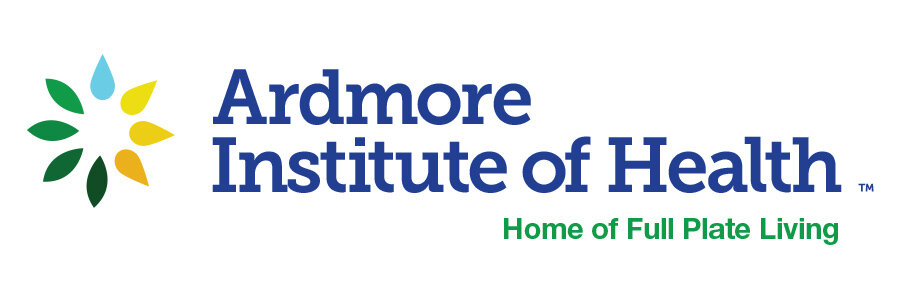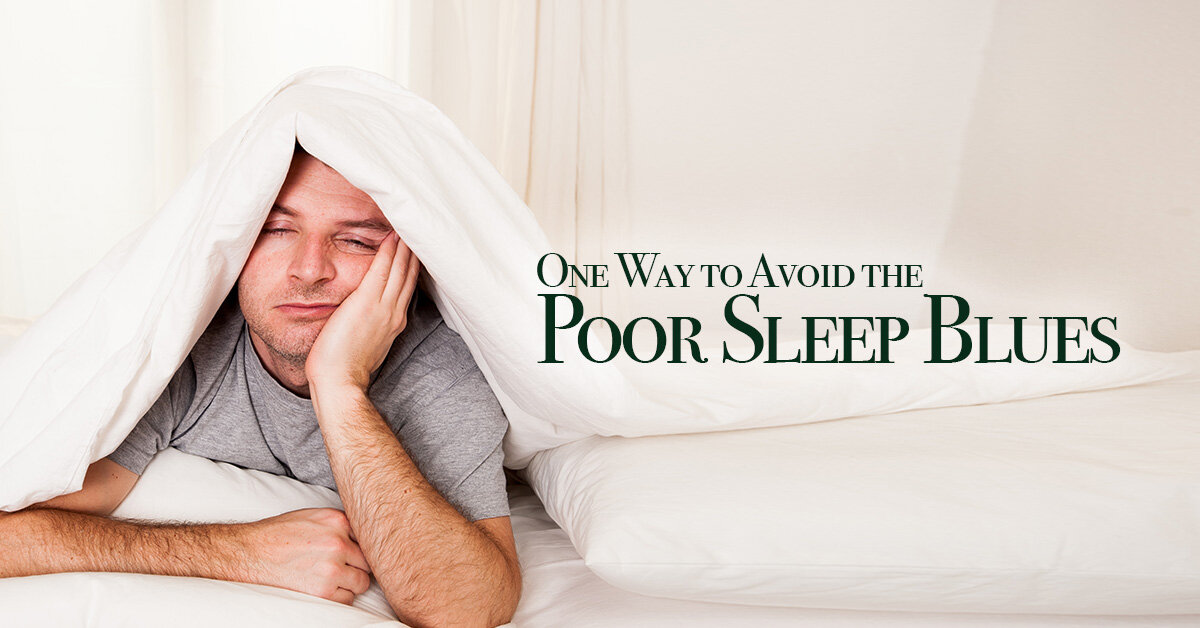One Way to Avoid the Poor Sleep Blues
The health benefits of consistent, good-quality sleep are extensive and include:(1)
Decreased risk of chronic diseases, like heart disease, diabetes, Alzheimer’s
Healthier weight
Reduced stress
Less sickness
Improved mood
Clearer thinking
Healthier decision-making
Better school and work performance
Improved relationships
Since adequate sleep, 7-9 hours a night,(1) has such far-reaching effects on the quality of life, it’s important to understand what can hamper our ability to be good sleepers. In this article we will explore one potential impediment to good sleep - electronic devices.
Blue light
Lighting sources have undergone a revolution over the past 20 years, transitioning from the ubiquitous use of the incandescent bulb to the next generation of illumination, light-emitting diodes, a.k.a. LEDs. Due to their small size, LEDs have quickly become the technology of choice for TVs, computers, tablets, smartphones and other electronic devices. LEDs emit light from the short-wave, high-energy blue end of the visible light spectrum, which affects our retinal ganglion cells (RGCs).
Retinal ganglion cells(2)
RGCs are special cells in the retina of our eyes that have the important role of synchronizing our sleep-wake cycle to the external light-dark cycle. Studies have shown RGCs are especially sensitive to blue light, which results in suppressing melatonin secretion and increasing alertness. That’s a good thing in the daytime when you don’t want to be falling asleep, but not good in the evening when you do. That means using electronic devices in the evening can make it harder to fall asleep because the blue light they emit keeps you aroused and revved up.
Our love for electronic devices
According to a recent survey, 88% of US respondents said they used a PC/laptop computer professionally or personally, followed by 75% and 48% of respondents for a smartphone and tablet, respectively.(3) While this omnipresent part of our modern society has revolutionized the way we work, shop, play and communicate, one downside is our evening screen time. A recent poll by the National Sleep Foundation found that 95% of people use some type of computer, video game, or cell phone within an hour before bed at least a few nights a week.(4)
Recommendations
In order to optimize your health and longevity by improving your sleep, try the following if you have difficulty falling or staying asleep:
Stop using electronic devices at least one hour before bedtime. As the National Sleep Foundation states: “It can take some time for the body to come down from technology’s alerting effects.”(4)
Keep TVs, computers, tablets, video games and smartphones out of your bedroom.(4)
Try wearing blue-light blocking glasses 90-120 minutes before bedtime, which has been shown to significantly improve sleep in individuals with insomnia.(5),(6)
Use red, orange or amber-colored bulbs in the evening. Check out these commercial options.
In the evening, use the Night Shift setting on your smartphones, tablets and computers.
If these measures do not help, consult your doctor or a sleep specialist.
References:
Tosini G, Ferguson I, Tsubota K. Effects of blue light on the circadian system and eye physiology. Mol Vis. 2016;22:61-72. Published 2016 Jan 24.
https://www.statista.com/statistics/702471/electronic-devices-used-in-us/
https://www.sleepfoundation.org/bedroom-environment/see/how-electronics-affect-sleep
Janků K, Šmotek M, Fárková E, Kopřivová J. Block the light and sleep well: Evening blue light filtration as a part of cognitive behavioral therapy for insomnia. Chronobiol Int. 2020 Feb;37(2):248-259. doi: 10.1080/07420528.2019.1692859. Epub 2019 Nov 22. PMID: 31752544.
Shechter A, Kim EW, St-Onge MP, Westwood AJ. Blocking nocturnal blue light for insomnia: A randomized controlled trial. J Psychiatr Res. 2018;96:196-202. doi:10.1016/j.jpsychires.2017.10.015

